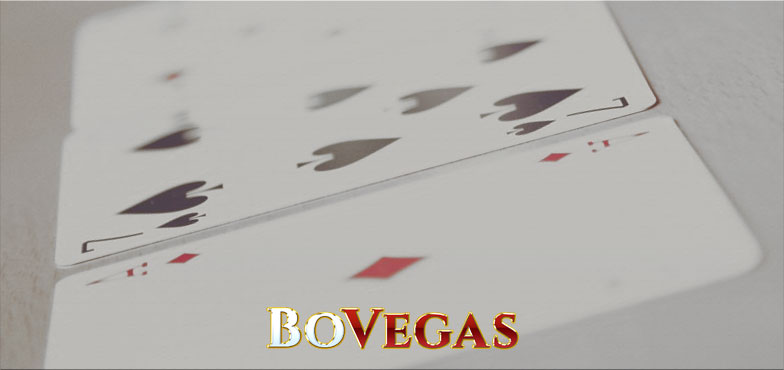



Because the relative strength of the hand you’re playing is so dependent on your position, it is quite obvious that you should be playing the strongest hands possible when you choose to play from the worst possible positions on the poker table.
Let’s see which types of poker hands you should bet with if you enter the pot in the early position. As we mentioned earlier, the problem with entering a pot from the early position is that other players have much more information than you do.
Obviously, you know what cards you’re holding. But you don’t have the slightest idea about the hands of your opponents. So, before you opt to put money into the pot, with six or seven players left to act behind you, you should be confident that your hand is strong enough, that you would call a raise with it if someone had raised in front of you, or if your hand is strong enough that you could re-raise with it for value.
Ideally, we’re looking to play only premium and very solid hands; like pairs that are above Sevens, Ace-King and Ace-Queen, and, perhaps, a stack suited, when we’re in the early position. What’s more: we should be willing to play these hands for a raise when we finally enter the pot. Raising in early poker position accomplishes three things.
In the earliest stages of the tournament, when your opponents tend to be playing looser, you really shouldn’t be playing anything more than the strongest range of these hands in early position. As the tournament moves on, and your opponents become more likely to fold before the flop, then you can open up your range. Just remember though: the worse your starting hand, the harder you have to connect with the flop in order to win, and the more likely that you will have to bluff in order to win that pot.

The Concept and the Construction Story Steve Wynn is a prominent figure in Las Vegas. He has played an important role in the expansion of the Las Vegas Strip, overseeing the construction of the Golden Nugget, The Mirage, Treasure Island and finally: Bellagio! The Italian-themed resort was named after the Italian town of Bellagio on […]
Slot machines have always been pretty popular, but their audience has skyrocketed over the past few decades. Nowadays, slot games represent the biggest segment of the world’s gaming industry in terms of their turnover, number of players, number of games offered and even in terms of casino revenue per square foot. But if online casinos […]
Lauren Roberts beats all her opponents at the U.S. Poker Open #3 and becomes the first female to take the USPO title, Poker Central reports. She wins over $200,000 and bursts in the race for the best player of the tournament. On Sunday, Roberts wrote a new chapter in the USPO history by outplaying eight […]
Everybody who plays blackjack wants to win – and even those who do not play do at least (sometimes!) dream about winning this game. A search result for “how to win in blackjack” offers about 400k links, and the total number of pages containing the word “blackjack” is about 65 million! So this is a […]
If you love gambling and have been to a land-based casino at least once, you may have thought about becoming a dealer. Playing the same game but from the opposite side, while communicating with other players, sounds like a dream job, right? A dealer is a straightforward job, and you will be the heart and […]
On Monday September 14, MGM announced that it plans to open its first smoke-free casino at the end of September, when Park MGM will finally reopen its venues to players and tourists. The resort comprises around 2,990 rooms and various restaurants, and it’s set to be reopened on September 30. The venue has been closed […]
Online gambling has undoubtedly taken a place of true supremacy over the casino industry during the pandemic. And the reason for that is quite clear: online casinos are more accessible, and you can always count on some encouragement from the casino administration to help you boost your game. However, this digital revolution has only been […]
The large selection of online gambling sites out there can make players somewhat puzzled, and give them a feeling of uncertainty about making the right choice of casino. Each online gambling venue offers its own conditions, games, and various bonuses, of course; but the most important thing is the reliability of the casino and the […]